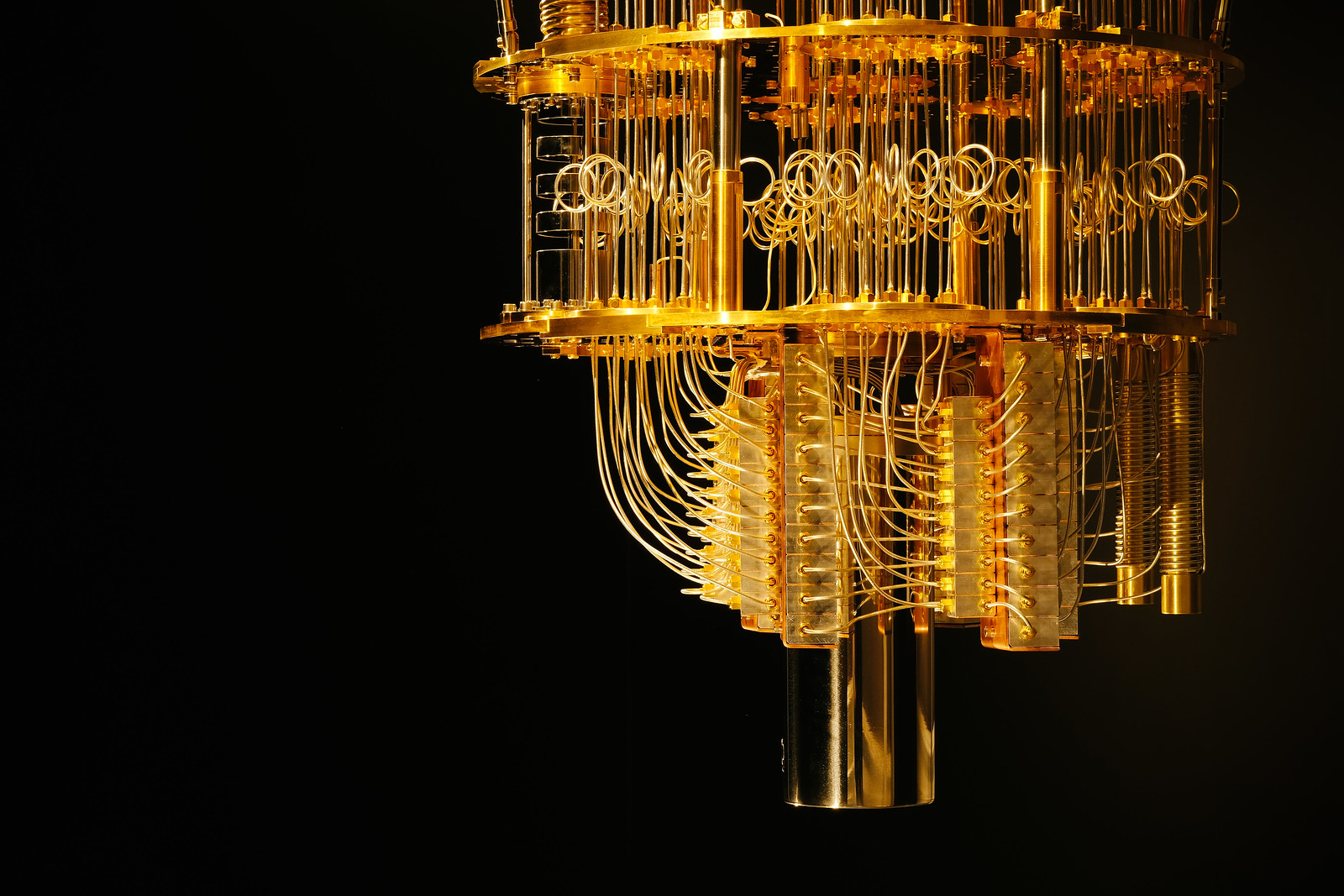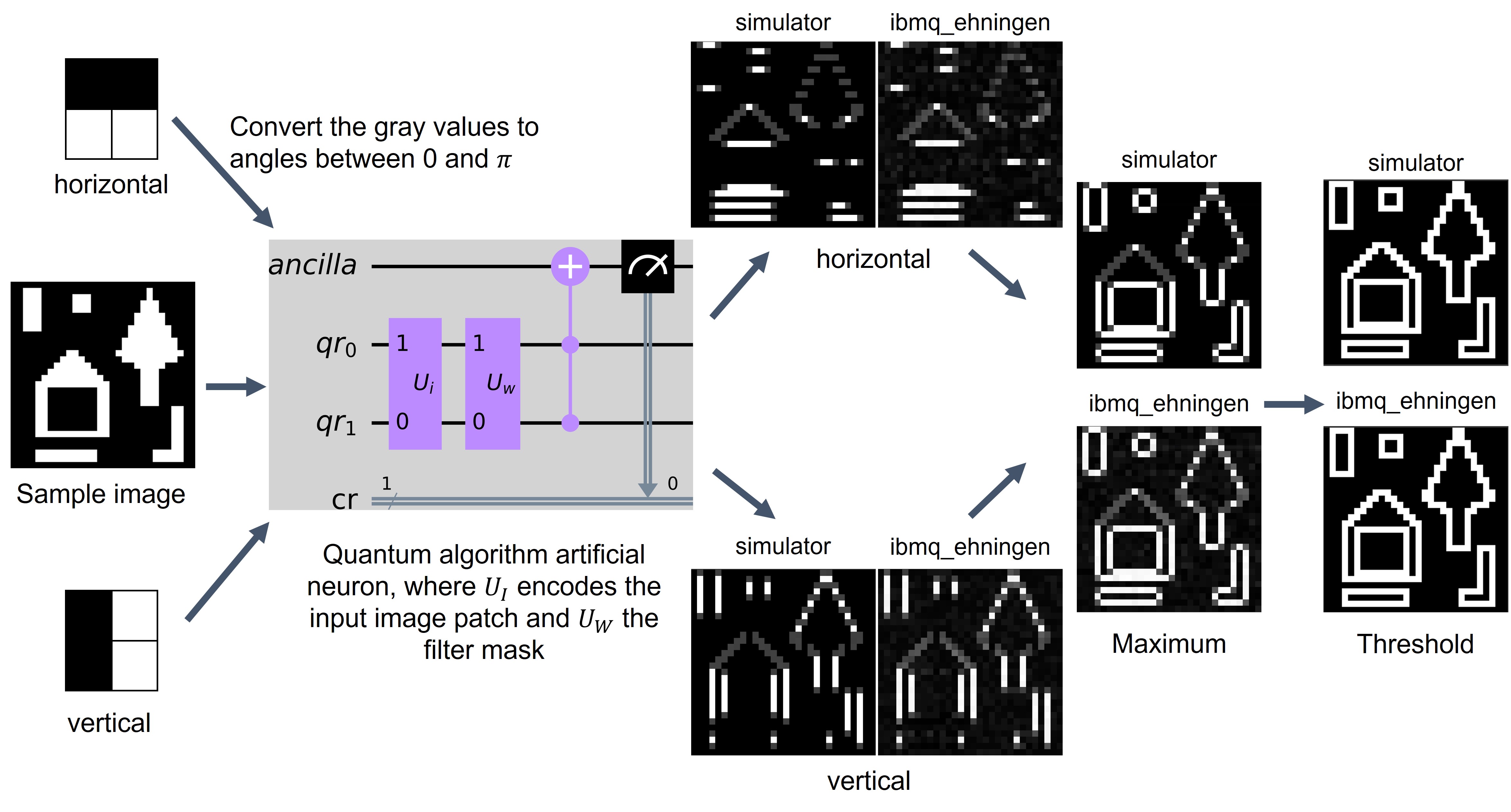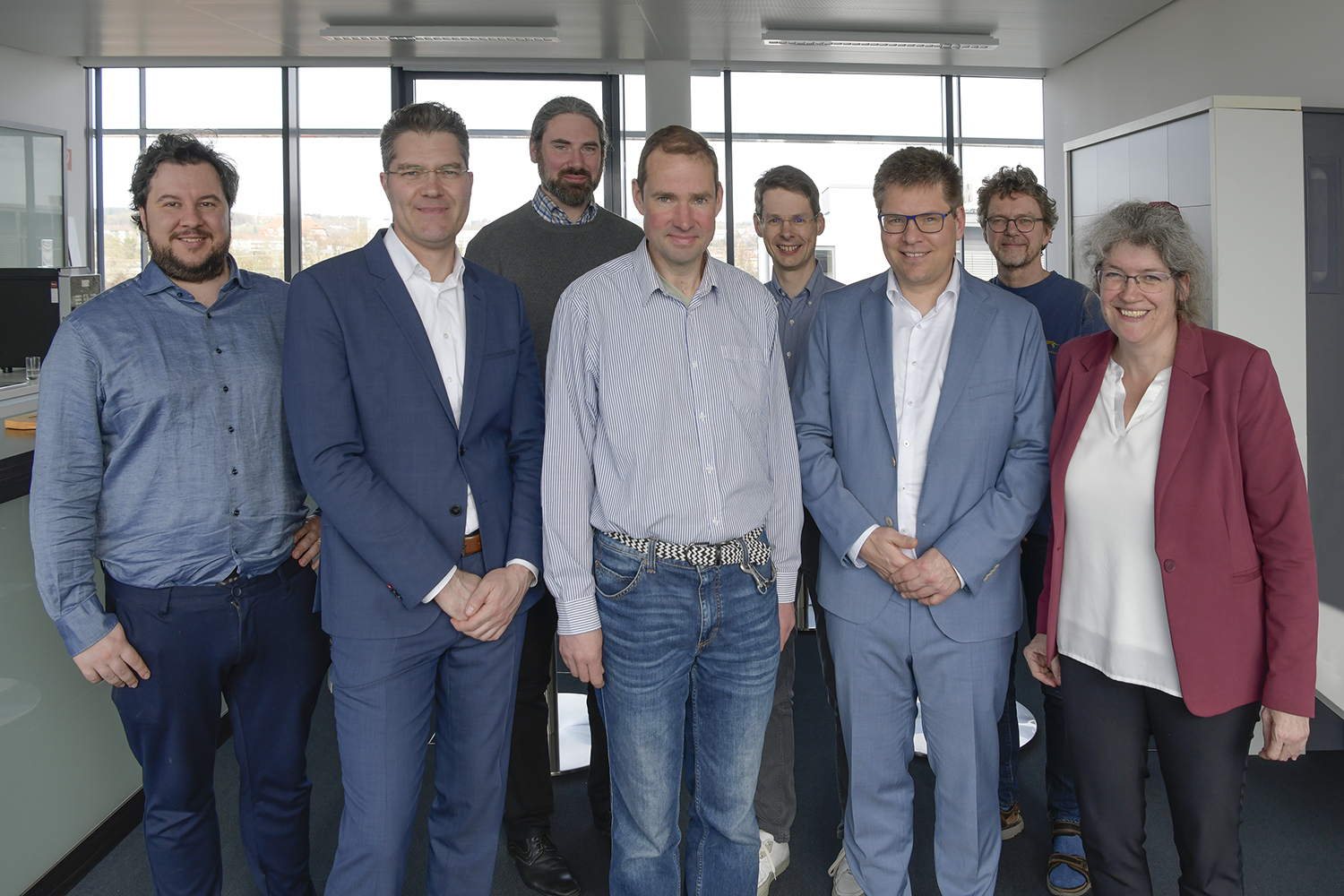In the project »AnQuC-3«, the focus is increasingly on the topics »Quantum Fourier Transformation«, »Quantum Machine Learning«, and variational algorithms. Our team at Fraunhofer ITWM concentrates in particular on the first two areas.
Since a few years, the first commercial quantum computers are available. Although we are still in a quantum era, in which a lot of noise and media hype is made about the new techniques, it is important to remain realistic: The opportunity to use quantum computers to accelerate currently intractable problems seems tantalizing. We ask ourselves: is quantum computing a game changer for the future? If so, for which applications and processes exactly? This is what we want to find out with our research. We develop, implement and test algorithms that are relevant for industrial applications on hardware backends. We are a partner of IBM, which gives us access to the Fraunhofer IBMQ system in Ehningen.
Three Phases Drive Project Development of Quantum Computing
The first project, AnQuC, focused on applications on the IBM quantum computer System One, always with a view to a broad exploitation of quantum computing. Runtime measurements were used to study hybrid algorithms that have both classical and quantum components, and to investigate the effects of characteristic quantities such as the coherence time and error rate of 2-qubit circuits on specific algorithms.
Key research questions include: Which application scenarios are suitable for computation with a quantum computer? How can algorithms for it be developed and translated into applications?
»You have made good use of the start-up funding,« emphasized Science Minister Hoch at the award ceremony. In the next funding phase, the researchers will deepen the work packages. This will include identifying further applications – a strategy also endorsed by the Industrial Advisory Board. It consists of representatives from BASF, Debeka, Deutsche Bahn and Schaeffler.


